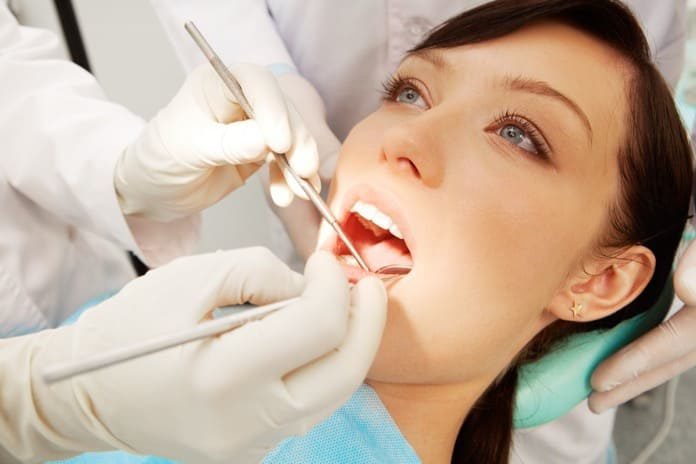An interdisciplinary study analyzes the correlation between changes in dental cavities and saliva and the state of being under stress.
Tooth decay and cavities are globally prevalent. They often result in frequent dentist appointments leading to increased costs and lower quality of life. Dental caries, or cavities, cause changes in dietary intake, social interactions, working ability, and overall health. Due to the large prevalence and heavy impact on all aspects of life, preventative treatment and a thorough understanding of dental caries is necessary.
Extensive research is currently being pursued on the biological front of dental care while educational efforts are being made to promote adequate oral hygiene. Recent studies have suggested a potential link between psychological factors such as stress, and the development of cavities. A Canadian study published by Biomed Central: Oral Health delves into the potential association between stress and dental caries.
The data for this scoping review was collected from electronic databases including MEDLINE, Embase, and PsychINFO among others. Studies, both experimental and observational, carried out on humans were included in the analysis. The researchers noted 232 studies of which six were selected. The studies were selected based on a quality assessment tool which considered sample size and quality, experiment design, anomaly cases, and methods of collecting data. For this review, the age group was narrowed down to children between the ages of four and 14 years. While the methods of each study were unique, all of the selected studies used salivary cortisol as a measure of stress.
The results showed a correlation between salivary cortisol and the development of dental cavities in four of the selected studies. The remaining two studies did not indicate any positive association between the two variables. The observational studies revealed that salivary cortisol levels were greater in children who were diagnosed with dental caries compared to those without the condition. Several of the studies also suggested a change in the composition of saliva in relation to exposure to stress. The review concluded that the evidence from previous studies linking psychological stress with saliva and dental caries is not substantial.
The study reviewed previously conducted research and found that there is some supporting evidence for a correlation between dental caries and salivary cortisol levels in children, however, further research is required to solidify this statement. The multi-faceted nature of the development of cavities makes the experimental process difficult for the purposes of research with respect to one factor only, such as psychological stress.
A more detailed experimental method with extensive research on the biological processes behind the effect of stress on the human body and the development of dental caries will benefit researchers in yielding more accurate data. Working towards an interdisciplinary correlation can lead to improved preventative action for dental care among younger populations.
Written by Shrishti Ahuja, HBSc
Reference: Tikhonova, S., Booij, L., D’Souza, V., Crosara, K. T., Siqueira, W. L., & Emami, E. (2018). Investigating the association between stress, saliva and dental caries: A scoping review. BMC Oral Health, 18(1). doi:10.1186/s12903-018-0500-z



